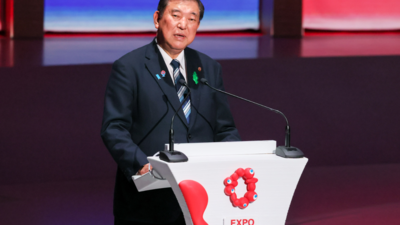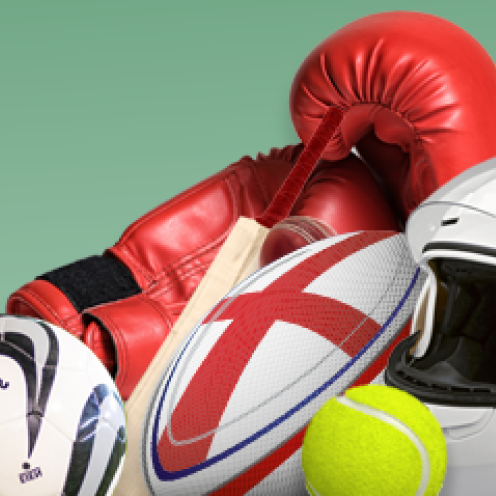
Results from a large U.S. study led by Brown University show that women from ethnic minorities are less likely to get an immediate follow-up test after an abnormal breast screening than White women.
Routine breast screening is recommended by U.S. guidelines in women over the age of 40 years and is important for picking up early cases of breast cancer. In an ideal case, if a woman receives an abnormal screening result, additional screening including further imaging and biopsy should be carried out as soon as possible, preferably on the same day. However, a lot of places that offer screening are not able to offer same-day diagnostic testing.
“This lack of on-site availability of diagnostic services may be an obstacle to timely, definitive breast cancer diagnosis and may lead to delayed treatment,” wrote lead author Marissa Lawson, MD, assistant professor of radiology at the University of Washington School of Medicine in Seattle, and colleagues in the journal Radiology.
To try and assess if sociodemographic factors are linked to uptake and timing of diagnostic testing, Lawson and colleagues analyzed data from 1,123,177 women aged 40–89 years who had mammography screening between 2010 and 2020. The group composition was 68% White, 13% Black, 10% Asian, 7% Hispanic, and 2% other ethnicities. As well as ethnic background, age, zip code, breast history, and information about the screening facilities were all included in the study.
The researchers carried out several comparisons and adjusted for potential confounding factors. Most factors were not linked to diagnostic testing, but when White women were compared with women from other ethnicities, they were more likely to undergo same-day diagnostic screening after an abnormal mammogram. Black, Asian, and Hispanic women were 44%, 26%, and 39% less likely to get any form of same-day follow-up screening, respectively, compared to White women.
If they did have same-day diagnostic testing, Black women were also 54% less likely to get a biopsy as part of the testing than White women.
Living in a low-income neighborhood and/or a neighborhood with low education levels increased the risk of not having a follow-up diagnostic test within 90 days by 5–8%.
“Despite having similar availability of diagnostic breast imaging services, there were substantial differences in whether patients received some of these services by race and ethnicity and neighborhood-level socioeconomic status,” said Lawson in a press statement.
“Future studies should assess other factors that may impact whether patients receive specific diagnostic breast imaging services, such as insurance status or patient preferences… In addition, we should seek to understand how diagnostic breast imaging accessibility, timeliness, and quality ultimately impact breast cancer outcomes.”









![Best Weight Loss Supplements [2022-23] New Reports!](https://technologytangle.com/wp-content/uploads/2022/12/p1-1170962-1670840878.png)




